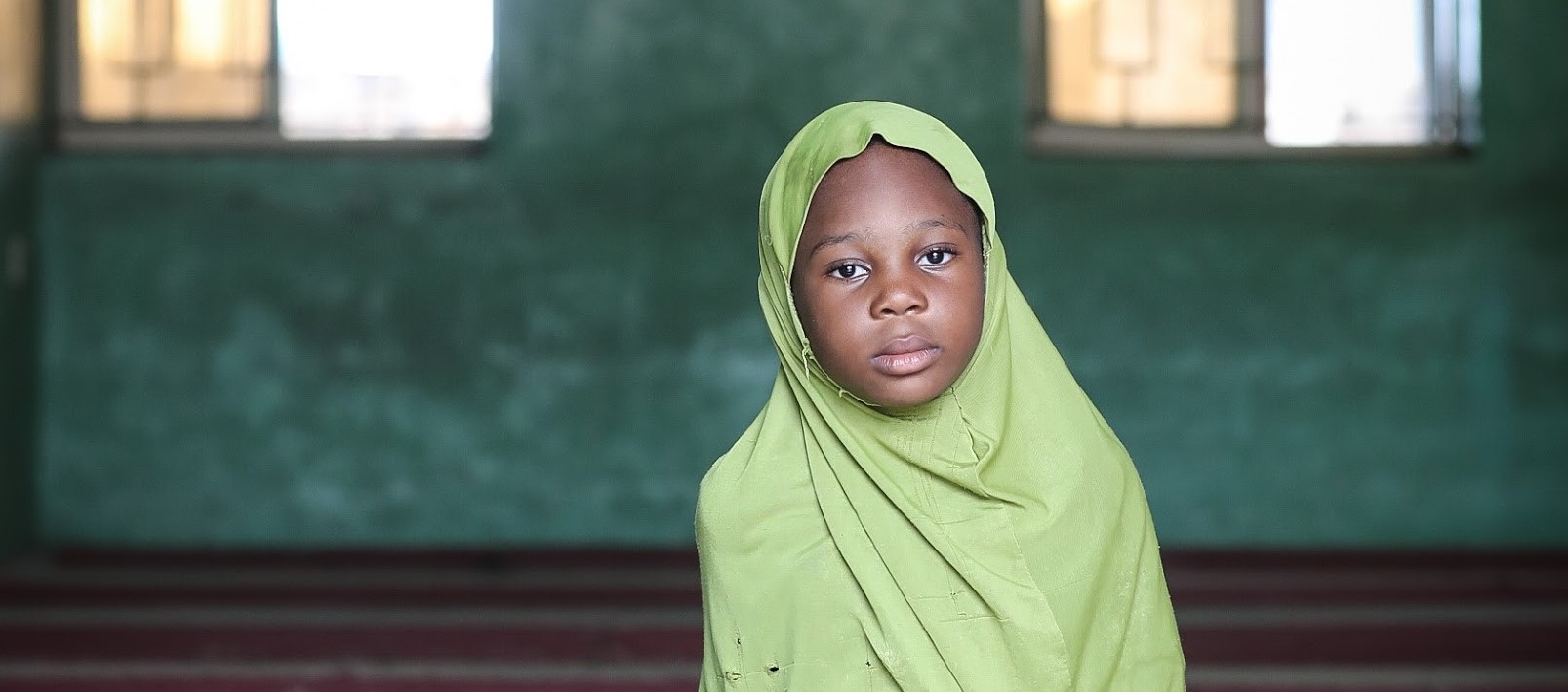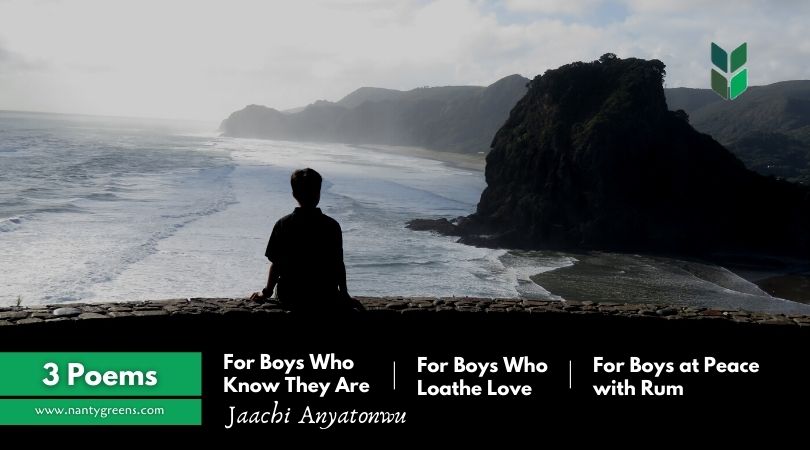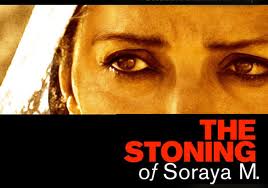Mongrels, like our Bingos, are Beautiful Too
Nomereloss, God bless his soul, had only one commercially accepted solo-performed single. It was a remake of Ìyàwó Ọ̀lẹ̀lẹ̀. It was Beau Sia, who in discussing nostalgia, asked why we always have to associate music with our (love) lives. That said, it is important to note that Nigerian mainstream, or urban pop, music is a mongrel. An obvious one in recent time with singles that are really just covers demanding that we potate like we did to the originals, and hold our chests or butts when our memory begin to resonate in tandem to what is being heard: nostalgia.
Examples are staring our ossicles in the face. Timaya lip syncing to Blacky in Dance; Kcee’s Romantic Call; Terry G and his decade-long obsession with bell-tolling, white garment zionists of the waterside variety; Phyno So Far So Good camouflaging his commercial intent in catholic choir music and kegite vibrations in Fada Fada and even the best pop songwriter, hands down in these parts, Kiss Daniel in Sofa.
It is raining nostalgia now more than ever and those who are able to wield these big stick without making it seem deliberate deserve an applause and a half; more than one sing-along; and our win’ing waists. As an aside, of attempts numbering a multitude, Jesse Jagz’ redo of a Fela production in Sunshine off The Royal Niger Company deserves a Nigerian man’s pride and applause until one’s clapping palms bloody fall off.
It is an entirely different discuss were we to discuss how many remixes there were, in the early aughts, of songs from genres as varied as jùjú, àpàlà, afrobeat and highlife. The Dee Vee and DJ Flava Hott DMX-infused remix of Dele Ojo’s Térénà comes to mind to (my) silent giggles as I type this. Wale Thompson’s Lálalẹ́ Friday remix was a street hit. These attempts – and more, recently – at melding music dudes grew up on with influences perceived to be international cannot be looked at as lazy forays to capture wider acceptance. Yes, commercial success must have been on Paul Play Dairo’s mind when he reprised his dad’s Mo S’orí’íré in a studio with rapper-producers, but was Forever not a great culmination of that journey?
More pertinent questions should be the beauty that is nevertheless created from this borrowing. The extra chords that soukous and makossa have added to our, hip movements and, musical spectrum and how it has made pentecostal church music – and even white garment music – immensely danceable. Properly adapted like what we have made of our neighbours’ palmwine music in as varied forms as Rex Lawson’s, Nico Mbaga’s, Charles Iwegbue’s, Victor Olaiya’s, Orlando Owoh’s, to name a few, and evolution to newer forms. That ability to incorporate and make envious have obvious examples from recent times: jollof rice and Mad Over You.
The loud evolution of popular Nigerian music from an aspiration to the American to a comfortable acceptance of the self by reaching back in sound for inspiration for the present is a history as sociological as it is technical. As cultural as Tunji Nightingale’s groupies and the multiplicity of uteri willing to house for a time seeds from fújì and juju musicians.
Gonna Wanna Music is not Sweeter Than Kiní Gbàngbà Music
Now to jùjú.
Jùjú music is music for the responsible Yorùbá man. Responsible enough to set his mistress up – board, business, accessories – and then knock her up. But not always in that order. It is music for the responsible – responsibly errant – married man. The wife – and wives – financially empowered or not understand the deal from start, shake her – their – yellow lace-wrapped yanshes vigorously in the man’s responsible direction and attention at Premier Hotel, or some other at Ibadan.
Talking about the beginning of a thing is less the thing and more the constellation of circumstantial parties dancing side to side in schlepping stilettos about the thing.
We shall not discuss the sensitive knob of jùjú within the folds of IK Dairo’s accordion, tweaked and kneaded, that set dainty feets a-shuffle. Nor Fatai Rolling Dollar or Tunde Nightingale or the beautiful shekinah that is the smile and feet of KSA a-dance with the guitar straps holding onto his shoulders, like baby arms, trustingly. No.
Nothing will be said about 90s jùjú musicians stronging face and jerking shoulders violently side by side to earn themselves crowns – like new Ibadan compound-kings – of such non-distinct genres as afro-jùjú, jùjú disco and whatnot.
We shall not discuss the sensitive knob of jùjú within the folds of IK Dairo’s accordion, tweaked and kneaded, that set dainty feets a-shuffle. Nor Fatai Rolling Dollar or Tunde Nightingale or the beautiful shekinah that is the smile and feet of KSA a-dance with the guitar straps holding onto his shoulders, like baby arms, trustingly. No.
Nothing will be said about 90s jùjú musicians stronging face and jerking shoulders violently side by side to earn themselves crowns – like new Ibadan compound-kings – of such non-distinct genres as afro-jùjú, jùjú disco and whatnot.
There’s a story here. Is a fad a sub-genre? Do sub-genres die?
We have gone so far off on this treadmill that our hand should be bouncing boing boing on the treadmill like green bouncing ball but, hold my sìgá. All our talk talk is to lead to this question: Is a proper Nigerian Yorùbá man’s aspiration to show his enemies pepper by peppering said enemy’s spouses’ sweaty foreheads with paper money and affording 22 year old girls with firm skin while in ones 60s, or 70s even? 22 year old girls, preferably, with the body of three 22 year olds in the right contours and zones.
Better Booties Make You Shout, Yébà!
I am a despicable man if I do not earn the more than singular honour of having a girl – girls – tell me, ‘Uncle, stop, touching me’. Or, have myself inspired to spend all my money – to detriment of wife and kids at home – to impress this young girl I am newly really loving that, ‘Yes o, I know I am like a father to you but can I be your daddy?’
Is this not what all man dem dream of? That when they make their first million, tenth and more, it is to enjoy life by helping these young young girls enjoy in exchange for unfettered touching? Has Kiss Daniel not channelled all of man them’s inner desires, fantasies and bucket-list effortlessly?
In the particular cadre of music where middle-aged men, or their persona, have honestly expressed their indifference to respect from young, nubile stilletoed slay babes in exchange for exploration of said nubile landscapes, off the cuff, Kola Ogunkoya’s 2001 classic Sweetie Baby comes to mind as forerunner to Yébà.
Yébà is anthem instinctively recognisable by every Nigerian Yorùbá male whether they be 25 or 40 or 60. At beer parlour, loud accordion chord progression and subtle guitar-ing in ears, toke in one hand, beer in the other, kàká at anterior to python a-dance, taking a knee is just right. These young girls deserve my – our – money and, my brother, I don’t mind being on my knees to get the thing. Ó dẹ̀ dẹ̀ dẹ̀ dẹ̀.








